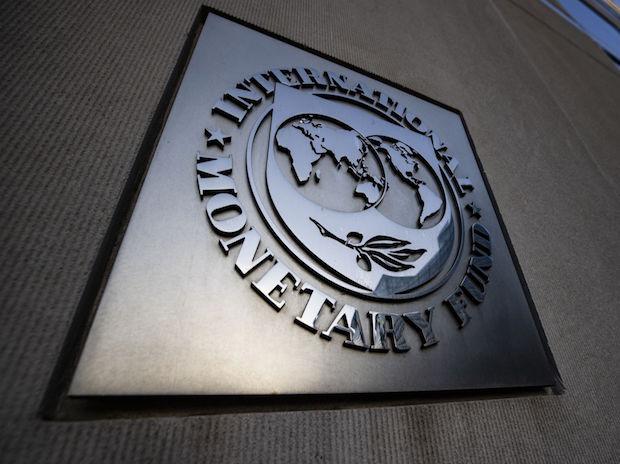International Monetary Fund’s (IMF) Managing Director Kristalina Georgieva, on Saturday, backed India’s stance on private cryptocurrencies and other digital assets, and said that there is a need for a strong push on global regulation for such assets.
Speaking to reporters on the sidelines of the G-20 meeting of Finance Ministers and Central Bank Governors (FMCBG) in Bengaluru, Georgieva also said that there are some disagreements between the nations on the issue of debt restructuring of low and middle income countries.
“We have to differentiate between central bank digital currencies that are backed by the state and stable coins, and crypto assets that are privately issued. Second, there has to be a very strong push for regulation. And third, if regulation fails, if you’re slow to do it, then we should not take off the table or banning those assets, because they may create financial stability risk,” she said.
Indian officials in the Finance Ministry and the Reserve Bank of India have argued that while there is a need for strong global regulations for private crypto assets, banning them should be an option in certain cases.
Georgieva said that 2023 will be a challenging year because of the expected global growth slowdown, and called the war in Ukraine a ‘grave source of uncertainty’.
On the issue of debt restructuring, Georgieva said that there were some disagreements, but did not name any country, adding that “there is commitment to breach differences,” among the nations.
Georgieva’s remarks came just after she, outgoing World Bank President David Malpass, and Finance Minister Nirmala Sitharaman co-chaired a meeting of the Global Sovereign Debt Round-table on Saturday morning.
Her remarks were echoed later in the day by Spain’s Vice President Nadia Calvino, who is also the minister of economy.
“There is a broad agreement on debt management and debt relief that these are very important instruments to provide financial support to most vulnerable countries. Discussions are ongoing and I think we are making progress on the communique with a will to ensure the multilateral framework provides clarity and certainty on how the debt management process is going to be conducted,” Calvino said.
Earlier in the week, the IMF chief had said that about 15 per cent of low-income countries are in debt distress and an additional 45 per cent are at a high risk of debt distress. Among emerging economies, about 25 per cent are at high risk and facing “default-like” borrowing spreads, she said.
US Treasury Secretary Janet Yellen had also stated a few days ago that the US would push for all bilateral official creditors, including China, to participate in meaningful debt treatments for developing countries and emerging markets in distress.
Yellen meets tech chiefs
Meanwhile, Yellen, on Saturday, had a breakfast meeting with chiefs of Indian and US tech companies on the sidelines of the FMCBG meeting. She said that the US is investing in digital technologies in India as part of its $200 billion Partnership for Global Infrastructure and Investment.
“The United States has announced investments in agri-tech to enable climate-smart agricultural production, and in digital payments systems for microentrepreneurs. These stand alongside investments in renewable energy, health, and other infrastructure sectors in India,” she said.
Those present included Nandan Nilekani of Infosys, Sandip Patel of IBM, Nivruti Rai of Intel, Rishad Premji of Wipro, Josh Foulger of Foxconn, Vikram Rai of GE and Rekha Menon of Accenture.
Nilekani said that Infosys had opened new centres in six different American states and had hired 25,000 workers there in the last six years.
Nilekani spoke of the work Infosys does in running the back-end of India’s tax portals, which enable Indians to file 79 million tax returns.
“We estimate that the tax gap in the United States over the next decade will be $7 trillion. We are not collecting the taxes that are due under our tax laws and we are making major investment in technology to bridge that gap,” Yellen told Nilekani.
Note:- (Not all news on the site expresses the point of view of the site, but we transmit this news automatically and translate it through programmatic technology on the site and not from a human editor. The content is auto-generated from a syndicated feed.))



